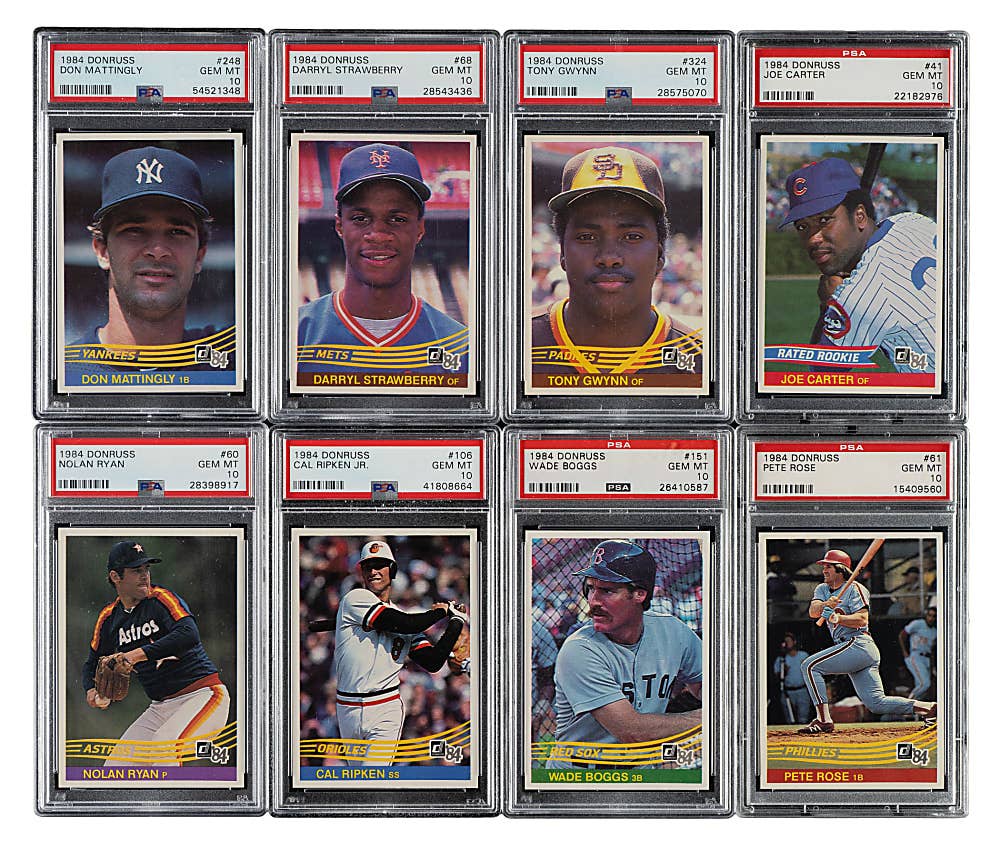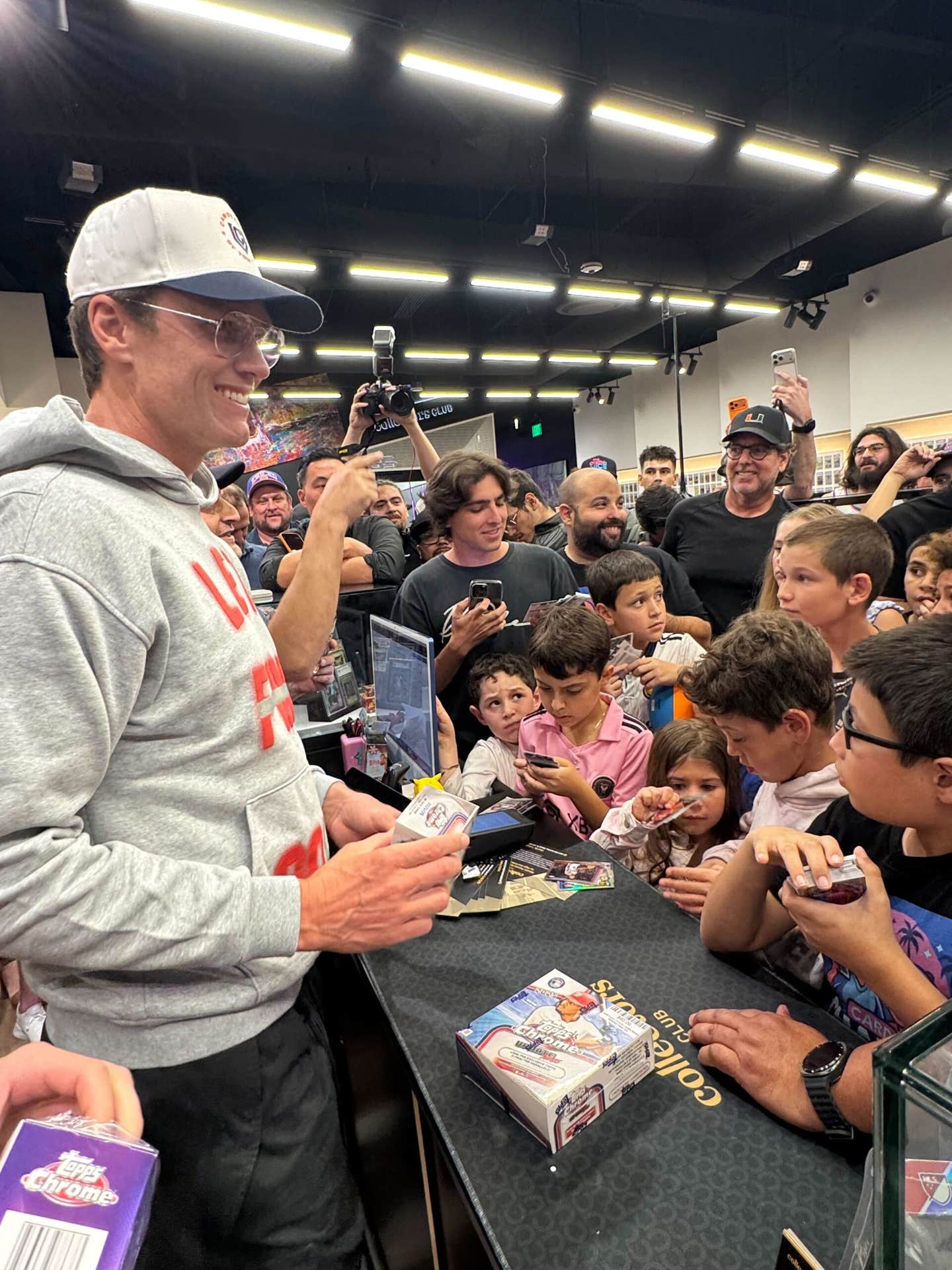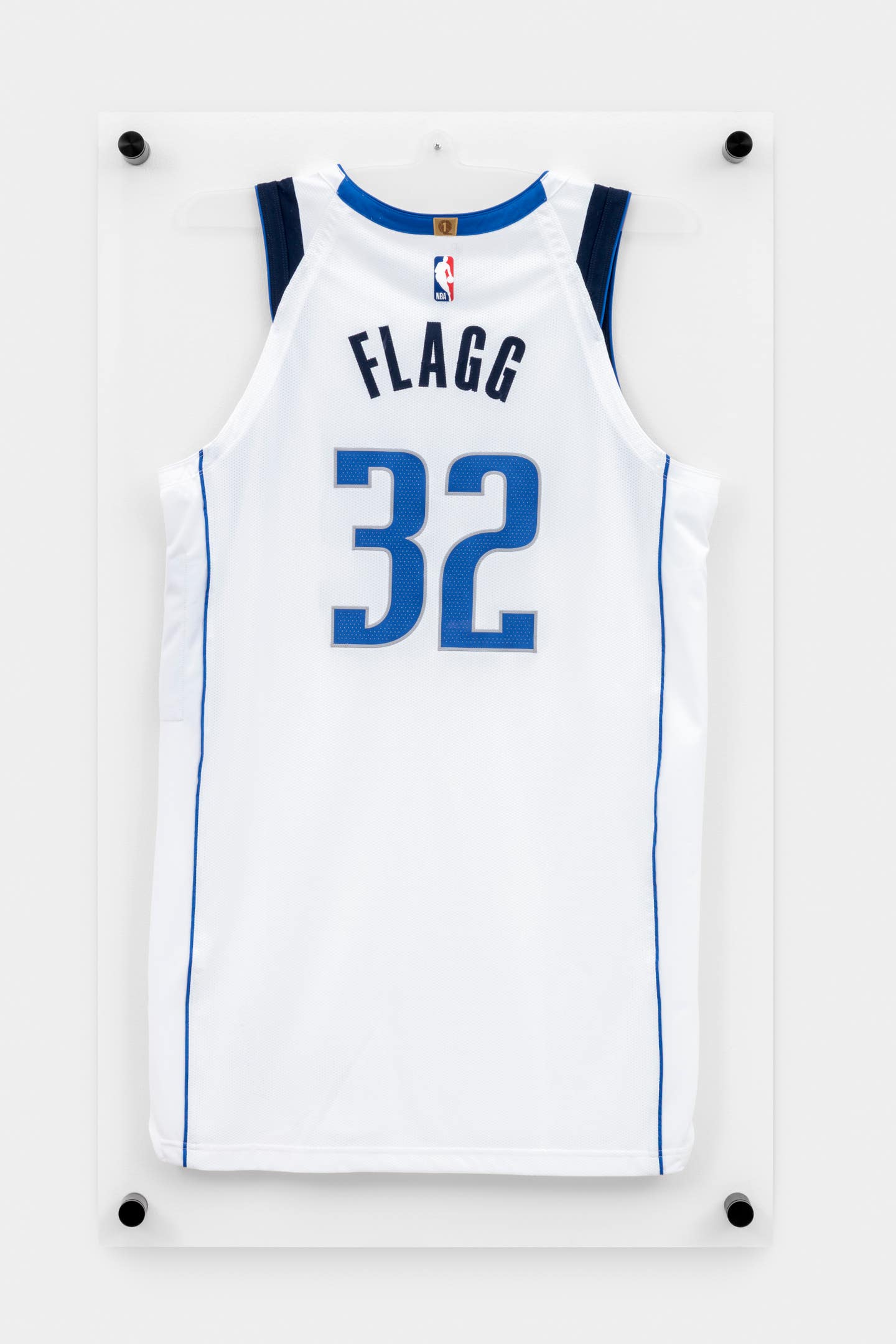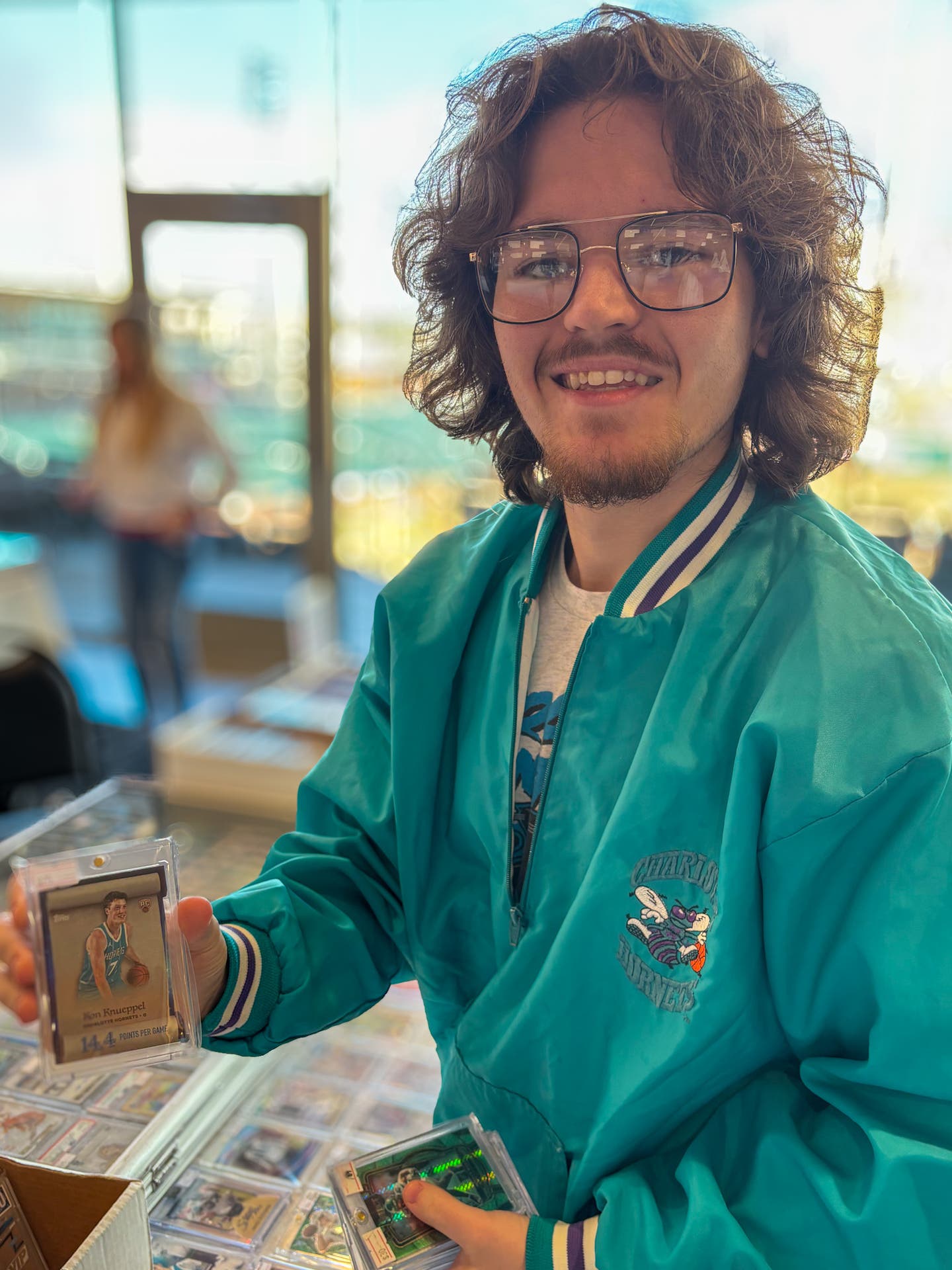News
Curtis Pride: Born Deaf, He’s Now MLB’s Newest Ambassador
By Ross Forman
Curtis Pride made his debut in Major League Baseball on Sept. 14, 1993, when his Montreal Expos played on the road against the St. Louis Cardinals. Pride was 24 at the time and had several seasons of minor league experience after being selected in the 10th round of the 1986 MLB Draft by the New York Mets.
Pride failed to get a hit that night in his lone at-bat and ultimately appeared in 10 games that month for Montreal, as the Expos were battling Philadelphia for first place in the National League East. Pride had nine at-bats in 1993, collecting four hits, including a double, triple and home run, along with five runs batted in and one stolen base.
Pride was just beginning to leave his mark on the game . . . and he certainly still is, even with his last appearance in Major League Baseball taking place on Oct. 1, 2006, when he had one at-bat for the Los Angeles Angels of Anaheim.
Pride’s career spanned 11 seasons, with time on the Expos, Angels, Boston Red Sox, Detroit Tigers, Atlanta Braves and New York Yankees. He played in 421 games and had a lifetime .250 batting average. Pride’s career included 20 home runs and 29 stolen bases. He was a left-handed hitting, right-handed throwing outfielder who was born in Washington, D.C., and attended the College of William and Mary.
Oh yeah, he also is deaf – and when he broke into the big leagues, Pride was the first deaf player in the majors since Dick Sipek in 1945.
Deaf at birth, Pride blossomed into a multi-sport athlete who played baseball, basketball and soccer in high school. He even was the starting point guard on his college basketball team. Plus, Pride was such a skilled soccer player that he played for the U.S. at the 1985 FIFA U-16 World Championship in China, scoring two goals in the tournament, including the game-winner against Bolivia. Pride even was a 1986 Parade Magazine High School All American soccer player.
But Pride left his lasting mark on baseball – and still is.
He is now the head coach, in his eighth season, at Gallaudet University in Washington, D.C, and, in early January, it was announced that Pride had been named the new MLB Ambassador for Inclusion. Pride succeeds Billy Bean, a former MLB outfielder, who held the position since it was first created by then-commissioner Bud Selig in July 2014. Bean was promoted to the role of vice president of Social Responsibility and Inclusion.
“Curtis Pride is an inspiring example of determination and an outstanding role model for kids and all those who overcome challenges,” MLB Commissioner Rob Manfred said in a statement. “He will offer valuable perspective as we continue efforts to foster an inclusive environment for anyone who plays or is a fan of our sport.”
Pride is elated to be in the new role.
“It is an honor to be appointed as (MLB) Ambassador For Inclusion,” Pride said. “I am very excited about this opportunity to work with Major League Baseball, to help make the game better and more enjoyable for everyone – from the players to the fans.”
Pride was contacted by Paul Mifsud of MLB, although Pride didn’t know why he wanted to meet. When Mifsud explained that MLB wanted Pride as its new Ambassador For Inclusion, “I was really excited about the opportunity because I know there is work to be done,” Pride said.
Pride said his first goal with the new position is making sure that all 30 MLB stadiums are fully accessible to people with disabilities, and making sure that the children with disabilities have a fair opportunity to play baseball on an equal level as others do.
Pride met Bean for the first time in early 2016, “and I was impressed with his passion and work,” Pride said. “I am very excited to be working with him. I know that both of us will do a good job making sure that the players, regardless of disabilities or sexual orientation, have full opportunity to play at the major league level and are being treated with respect.”
Bean, now 51, played in the majors from 1987-95, with time in Detroit, Los Angeles and San Diego. An outfielder, he was a .226 lifetime hitter with five career home runs. He came out as gay in 1999, becoming the second Major League Baseball player to come out. Glenn Burke was the first openly gay baseball player.
“I want to congratulate Billy Bean on his expanded duties and commend him for the exemplary work that he has done throughout the game,” Manfred said. “Billy has exceeded our greatest expectations since beginning in this new role, and he continues to illustrate that the National Pastime is built on a foundation of inclusion, respect and equal opportunity.”
Pride said the new MLB job will involve a lot of e-mails and phone calls, along with trips to New York City to meet with MLB personnel. “It is a challenge that I look forward to because I feel that I can help make a difference in both jobs (MLB and Gallaudet).”
Pride said he plans to be as high-profile in the role as Bean was. He will appear at many MLB functions, as well as the annual All-Star Game and postseason games. Plus, he will be meeting with all 30 teams.
“My short-term goals are to get myself acquainted with Major League Baseball people and the work they do with all 30 teams, and to develop a plan on how we can make all 30 teams fully accessible to all people with disabilities and different sexual orientations,” he said. “My long-term goals are to make all 30 ballparks fully accessible, though that is not going to happen in one year; it is going to take some time, and eventually it will happen.”
Pride had his best season in 1996, when he played 95 games for the Tigers, including a .300 batting average, with 10 home runs, 31 RBI and 11 stolen bases.
“I was blessed and fortunate to have played in the major leagues for as long as I did, building great relationships with many people, and I am proud of it,” he said.
Pride said his career highlight was getting his first major league hit: a two-run double to help the Expos come from behind to beat Philadelphia. Afterward, the fans gave him a five-minute standing ovation.
“That was an incredible feeling, just making it to the major leagues despite long odds,” he said.
Pride said his major league career never would have happened if not for the full, unwavering support of his parents, Sally and John.
“They’ve taught me a lot and emphasized a believe-in-yourself-and-then-anything-is-possible, regardless of being deaf,” he said.
Pride still receives fan mail – some sharing personal stories, some congratulating his success, some wanting autographs.
“It’s nice to know that people still remember me, or recognize my accomplishments, and appreciate me for being a good role model for their kids,” he said.
Pride’s cardboard trail dates back to 1992, when his first minor league cards were released. He has had cards from Upper Deck, Action Packed, Topps, Leaf, Pinnacle and other makers. Pride has some of them, but he isn’t a collector.
“I don’t really have a favorite (of my cards); I like them all,” he said.
Pride, when we spoke in mid-January, was excited for the 2016 Gallaudet season, if only because he was having the team’s first practice outside of the season that day.
“I think we’ll be more competitive than last year now that we are more experienced and have several quality newcomers who can help us right away,” Pride said. “I’m excited for the season. If everyone stays healthy and plays to the best of their ability, I believe that we can win our conference tournament and go to the NCAA tournament for the first time in school history.”
Ross Forman is a freelance contributor to SCD. He can be reached at Rossco814@aol.com.








